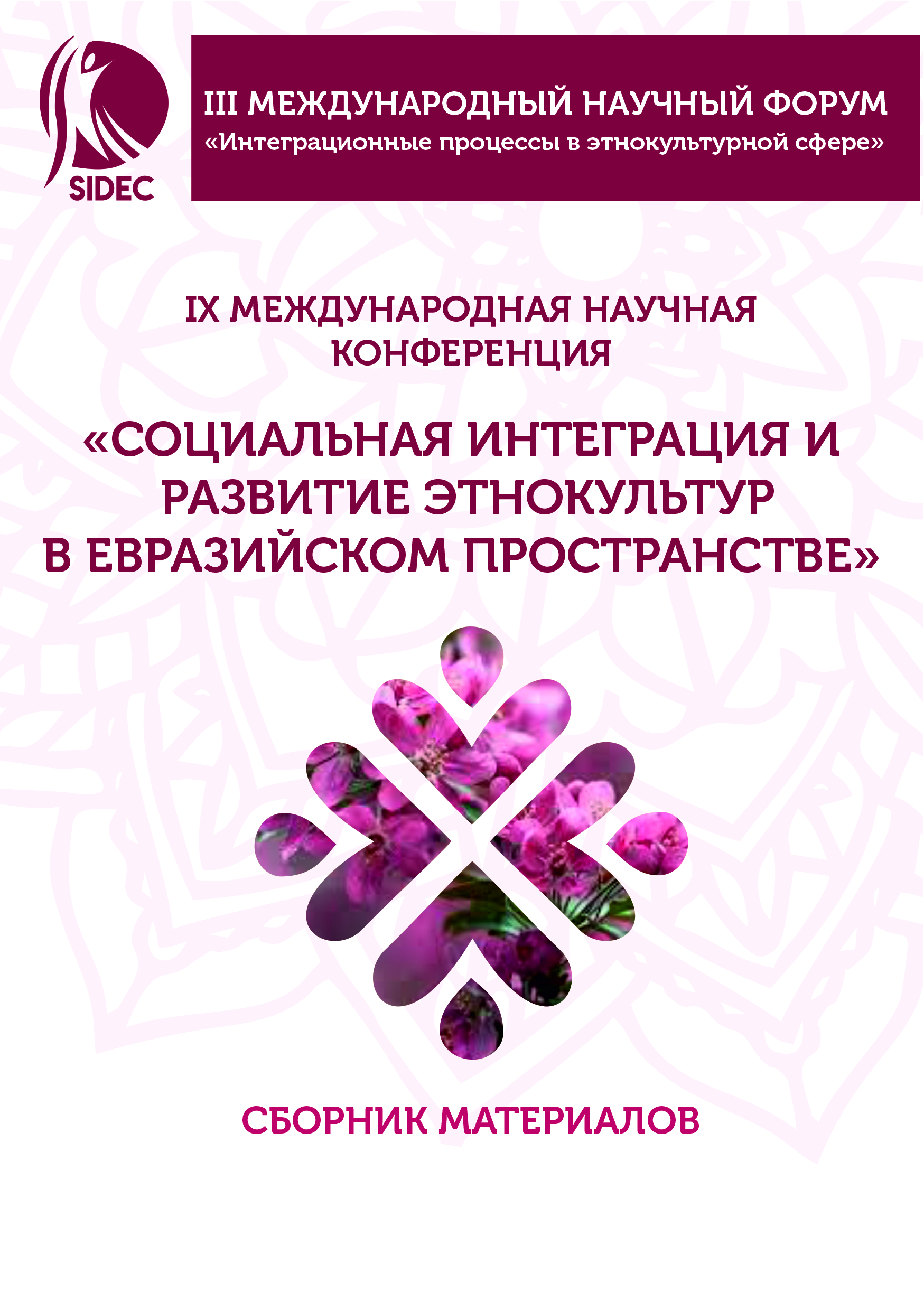INSTITUTIONAL TRUST AND CORRUPTION: ASSESSMENT OF INTERDEPENDENCY
Main Article Content
Abstract
The problem of corruption is one of the most pressing problems for Russia, as it is aimed at destroying the system of civil service, contributes to the formation of a negative attitude of the population towards civil servants, towards employees performing managerial functions in commercial or other organizations. The importance of institutional trust is manifested in the fact that it is seen as the basis for effective institutional interaction and is considered a subjective basis for the stability of society as a whole. The article examines the extent to which trust in some social institutions is associated with indicators of coverage and risk of everyday corruption. The main indicators were: trust / distrust to medical organizations, preschool institutions, secondary educational institutions, universities, police, court and traffic police. It was determined that there is a correlation between the risk of corruption in relation to these spheres of circulation and the coverage of corruption practices among the population of the Altai region, depending on the level of institutional trust.
Downloads
Download data is not yet available.
Article Details
How to Cite
[1]
Spirina, A. 2021. INSTITUTIONAL TRUST AND CORRUPTION: ASSESSMENT OF INTERDEPENDENCY. Social Integration and Development of Ethnic Cultures in the Eurasian Space. 1, 10 (Aug. 2021), 168-172.
Section
Статьи

This work is licensed under a Creative Commons Attribution 4.0 International License.
References
Климова М. В. Понятие коррупции // Актуальные проблемы российского права. 2009. № 3. С. 433–442.
Максимова С. Г., Ноянзина О. Е. Институциональное доверие и развитие гражданского общества в Алтайском крае // Вестник Алтайского государственного аграрного университета. 2017. № 6 (152). С. 185–189.
Платов Е. В. Причины коррупции в России // Наука. Общество. Государство. 2018. № 4 (24). С. 70–75.
Ромашкина Г. Ф., Давыденко В. А. Социокультурные основания институционального доверия // Власть. 2014. № 12. С. 122–130.
Трофимова И. Н. Институциональное доверие в современном российском обществе: причины и факторы // Sententia. European Journal of Humanities and Social Sciences. 2017. № 4. С. 1–9.
Шорина И. Н. Институциональное доверие в современном российском обществе (региональный аспект) // Вестник Тамбовского университета. Серия: Гуманитарные науки. 2013. № 8 (124). С. 271–274.
Максимова С. Г., Ноянзина О. Е. Институциональное доверие и развитие гражданского общества в Алтайском крае // Вестник Алтайского государственного аграрного университета. 2017. № 6 (152). С. 185–189.
Платов Е. В. Причины коррупции в России // Наука. Общество. Государство. 2018. № 4 (24). С. 70–75.
Ромашкина Г. Ф., Давыденко В. А. Социокультурные основания институционального доверия // Власть. 2014. № 12. С. 122–130.
Трофимова И. Н. Институциональное доверие в современном российском обществе: причины и факторы // Sententia. European Journal of Humanities and Social Sciences. 2017. № 4. С. 1–9.
Шорина И. Н. Институциональное доверие в современном российском обществе (региональный аспект) // Вестник Тамбовского университета. Серия: Гуманитарные науки. 2013. № 8 (124). С. 271–274.

